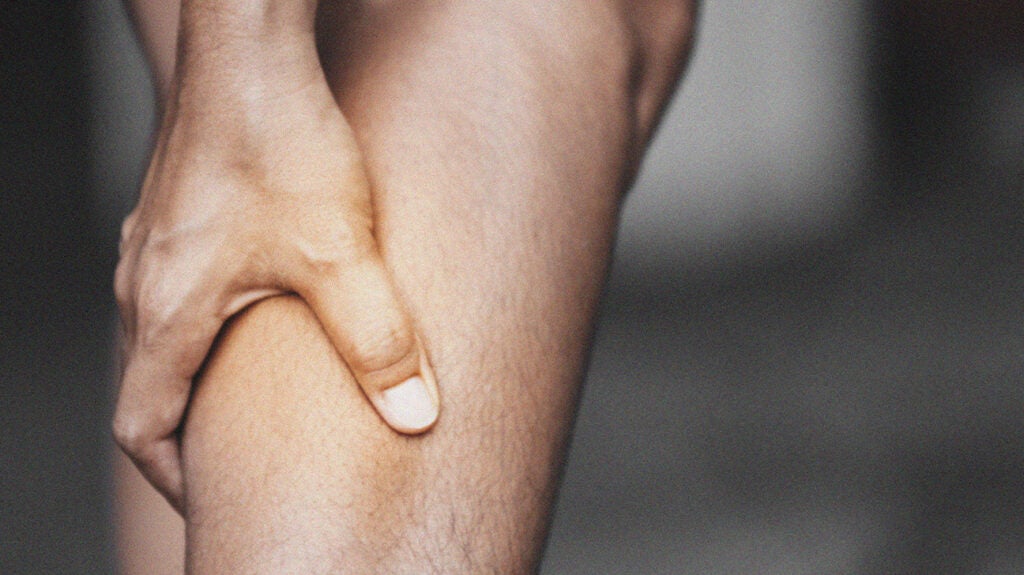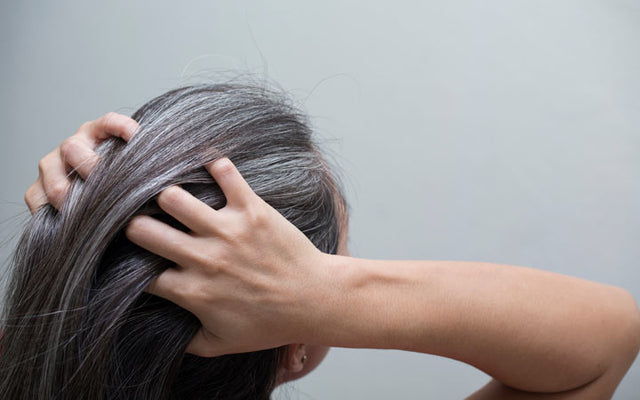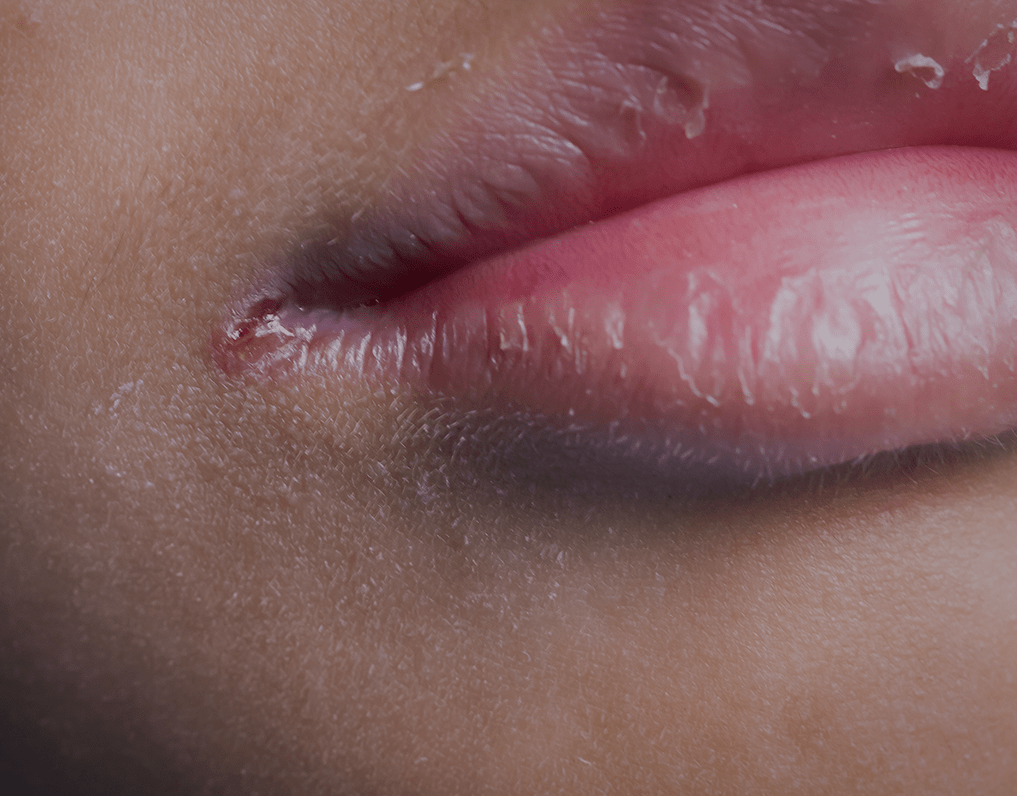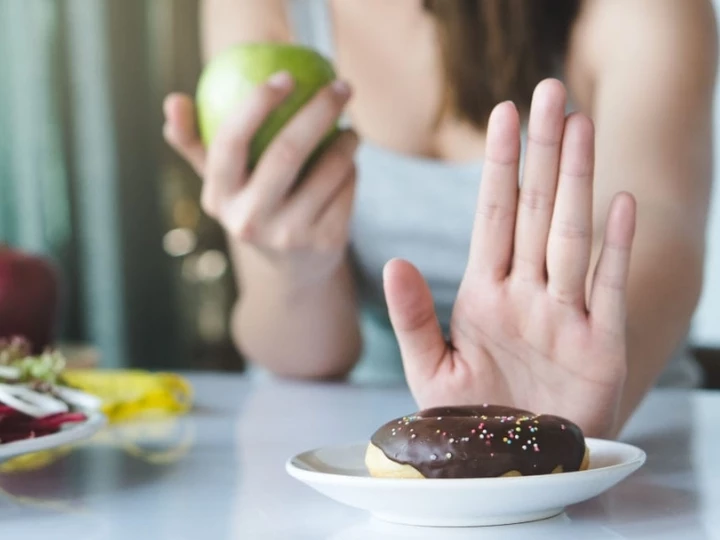Our bodies are remarkably intelligent, constantly sending us signals to let us know when something’s off. Often, we may brush off certain signs—like a twitching eye or cracking nails—assuming they’re just passing annoyances.
However, these seemingly minor issues can be subtle cries for help, pointing to potential nutrient deficiencies. It’s easy to overlook the importance of a well-balanced diet, but our body’s smart way of alerting us to missing nutrients is a reminder that we need to take better care of ourselves.
Here’s a closer look at 6 signs your body might be lacking essential nutrients and how to restore balance.
1. Brittle Nails
:max_bytes(150000):strip_icc()/brittlenails-GettyImages-87883659-fe944391d5644b16866b321e5078ed70.jpg)
If you have nails that are constantly breaking or developing strange ridges, it might be a sign that your body is craving more protein or iron. Both nutrients play a key role in the health of your nails—protein helps to strengthen them, while iron helps deliver oxygen to the nail beds. When iron levels are low, nails become weak and pale. To combat this, add more eggs, spinach, nuts, and lean meats to your diet.
2. Twitching Eyes or Limbs

Ever been caught in the middle of a random eye twitch that just won’t quit, or noticed some odd muscle spasms in your limbs? The culprit here is often a lack of magnesium. Magnesium is essential for muscle and nerve function, and when the body is low on it, your muscles can start to act out. To help remedy this, consider eating more bananas, dark chocolate (yes, really!), and nuts, all of which are great sources of magnesium.
3. Premature Greying of Hair

Spotting grey hairs earlier than you’d like can be a major shock, but it may not necessarily be tied to genetics. A lack of vitamin B12 or copper can speed up the greying process. Vitamin B12 helps keep your hair’s pigment strong, while copper assists in producing melanin, the pigment responsible for your natural hair color. To keep your hair looking youthful, include dairy, eggs, shellfish, and whole grains in your diet.
4. Clicking Joints

That "click-click" sound that your joints sometimes make when you move could be more than just a sign of aging—it might indicate a need for more vitamin D3 and calcium. These two nutrients work together to support bone strength and ensure that your joints are properly lubricated. Get outside for some sunshine (a natural source of D3), and make sure to include dairy, fish, and leafy greens in your meals to maintain healthy bones and joints.
5. Easy Bruising

Do you find yourself with bruises after the slightest bump? If so, it could be a sign that your body is lacking vitamin C or K1. Vitamin C helps produce collagen, which keeps your skin strong, while vitamin K1 is essential for blood clotting. To support your skin and prevent bruising, try adding more citrus fruits, bell peppers, and leafy greens to your meals.
6. Cracked Corners of the Mouth (Angular Cheilitis)

If you've ever noticed painful, cracked skin at the corners of your mouth that just won’t seem to heal, it could be a sign of a vitamin B deficiency. Particularly, B2 (riboflavin) and B6 play a crucial role in maintaining healthy skin and preventing dryness. Make sure to load up on eggs, dairy, whole grains, and leafy greens to combat this issue and keep your skin smooth and nourished.
Our bodies are incredibly in tune with what we need to thrive. These subtle signs can serve as helpful reminders to keep an eye on our nutrient intake and take action when something is missing.
If you notice any of these signs, it may be time to reevaluate your diet and make sure you're giving your body the nutrients it needs to stay healthy and strong.









COMMENTS
Comments are moderated and generally will be posted if they are on-topic and not abusive.
For more information, please see our Comments FAQ